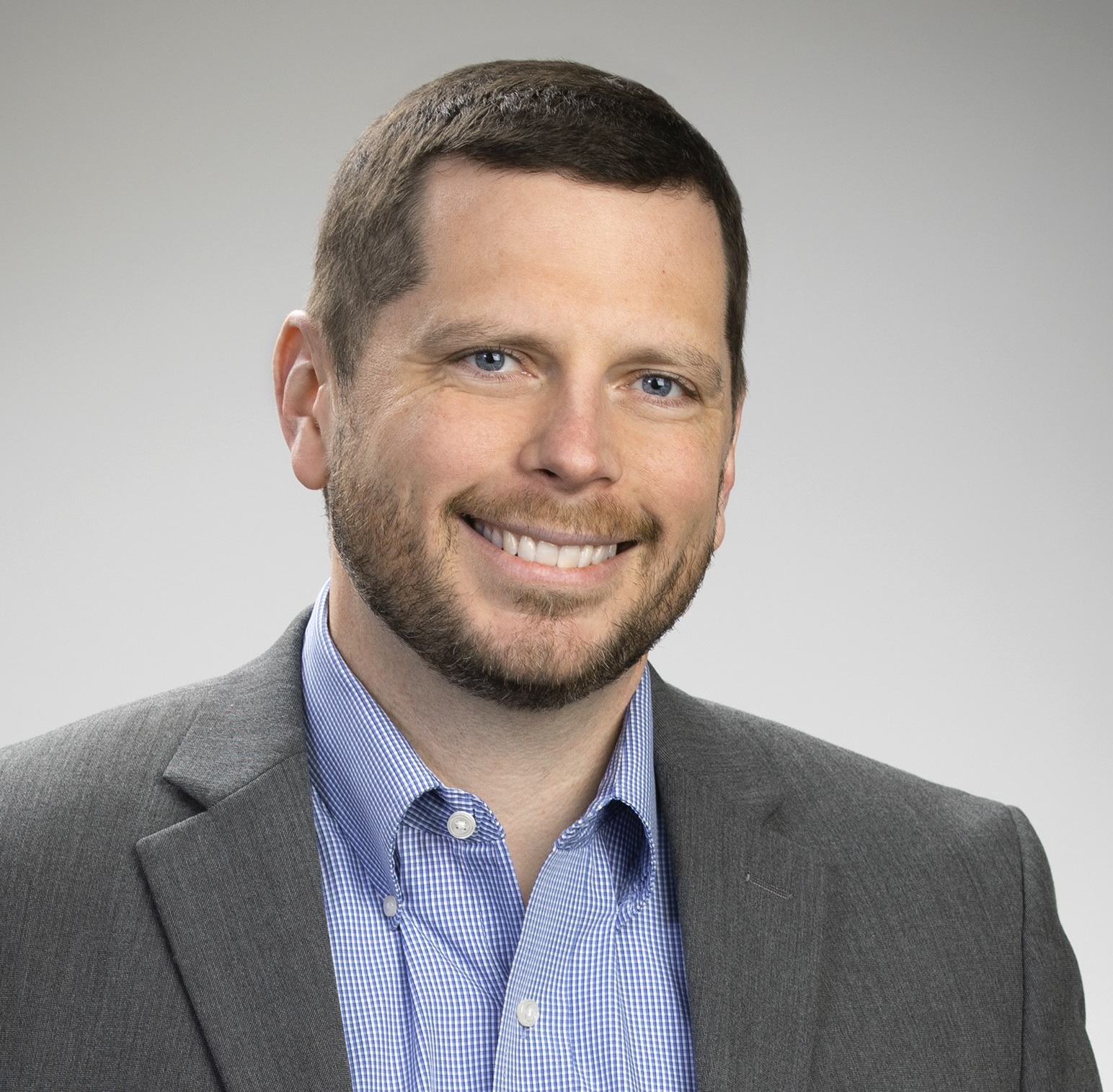How to Make the Most of the Coffee Chat Season
By Dan Farkas
April 2025
For new professionals and communications veterans, eight of the most harrowing words in the PR space will soon be on our doorstep.
“Would you like to meet up for coffee?”
The coffee conversation. There will be jitters. Adults my age don’t need this much caffeine. Students will stress out over what to say and proofread their résumés for the 375th time. Both sides will, at some point, wonder why this meeting is even happening.
Networking is work — the letters w-o-r-k are there for a reason. Let’s consider some simple ideas to make the coffee conversation easier to swallow than a delicious chai tea latte with oat milk and honey.
Students need to know what they don’t know.
I turn 50 later this year (eek) and have so much to learn. When students attend a coffee meeting and act like a finished product, it’s a red flag on top of a red flag.
There’s no employer on earth — at least not a good one — who expects a new professional to be fully polished on day one. Don’t work for anyone who demands as such. Do know what interests you in PR and life and how you plan to learn more about both during your first few years in the profession.
Professionals need to have realistic expectations.
I’ve had agency owners, nonprofit leaders and corporate communicators tell me they want entry-level candidates to know media relations, internal communication, copywriting, account planning, client service, social media and content marketing.
Let’s assume Malcolm Gladwell’s 10,000-hour rule of “deliberate practice” is an overblown marketing tactic and cut that number in half. That’s 35,000 hours.
There are 35,040 total hours in four years. We want young professionals to bathe and sleep… right?
The math for entry-level talent is unrealistic, and we need to recalibrate the math. There’s too much to know and not enough time. Professionals without a staff development plan will lose their young talent.
Students need to know what they know.
Anyone looking for a job should find someone on LinkedIn with their desired job. You’ll soon see what tangible skills (media relations, graphic design, etc.) you need. Now, let’s connect dots.
- Develop anecdotes and portfolio pieces highlighting the skills you have.
- Coach yourself up on skills not fully developed.
- Prepare to discuss both during your coffee chat.
Professionals need to set realistic expectations.
Our Code of Ethics advocates for transparency. Let’s be clear. Coffee meetings allow young talent to get leads on potential job opportunities. Professionals should be prepared to highlight what is and isn’t available. At worst, offer e-intros to hiring managers or explain hiring criteria if you make those calls.
Students and professionals need to know what’s next and when.
There’s always a what’s next. For both sides of this dance, what’s next should distinguish between good and great.
A student’s résumé and writing sample will have errors. Professionals should offer actionable feedback. Students should then apply those lessons learned in past and future work. Those who share their new and revised work with that professional demonstrate the “soft skills” employers crave: listening, attention to detail and drive.
“Would you like to meet up for coffee?”
In a world where too many of us are in a constant state of busy, those eight words should be a source of opportunity, not anxiety. Let’s look for ways to learn and lead, one caffeinated drop of liquid bliss at a time.



